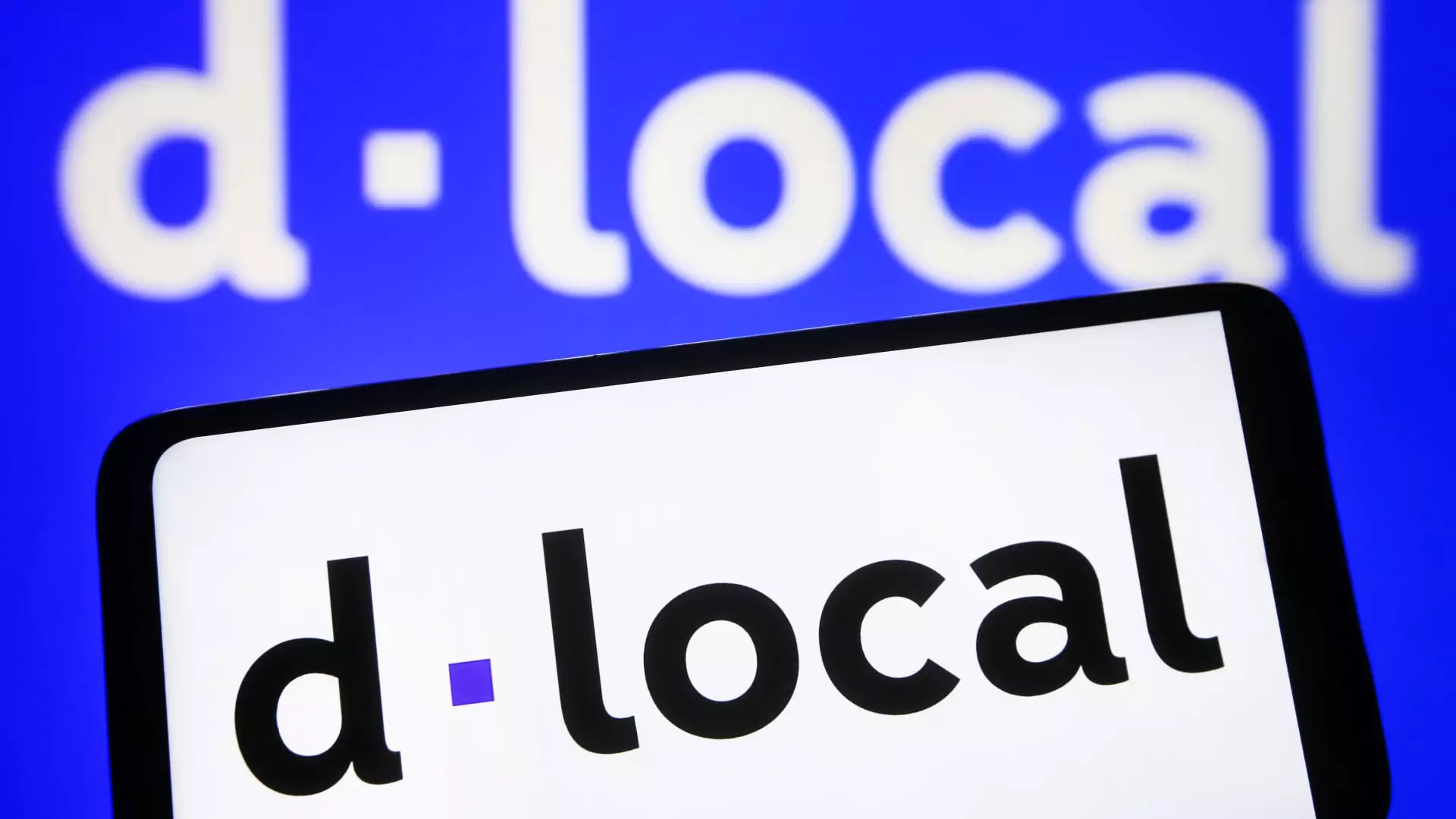In the landscape of global fintech, few success stories resonate from Latin America quite like that of dLocal. This Uruguayan payments company has just passed a significant milestone by securing a payment institution license in the United Kingdom, thus opening new avenues for its international operations. Such news is pivotal as it underscores dLocal’s ambition to strengthen its foothold within the growing U.K. fintech ecosystem and highlights the broader trend of emerging market players making their mark on developed economies.
Acquiring a payment license from the Financial Conduct Authority (FCA) is not merely a regulatory formality for dLocal; it’s a strategic pivot toward diversifying its market base. With this license in hand, dLocal can officially onboard U.K. merchants for the first time, facilitating their payment processing needs through its local entity, Larstal Limited, which trades under the name AstroPay. Previously, the restrictions placed on AstroPay by the FCA—a consequence of the U.K.’s exit from the European Union—limited its ability to source local clients. By overcoming these hurdles, dLocal has set the stage for a more robust presence in the U.K., which has become a significant hub for international commerce.
Furthermore, the potential clientele that dLocal is targeting includes global merchants with a U.K. presence aiming to expand into emerging markets across Africa and Latin America. This strategy not only represents a significant opportunity for growth but also distinguishes dLocal from its local competitors, such as Worldpay and Checkout.com. In an interview, dLocal CEO Pedro Arnt pointed out that the company’s expertise in emerging markets sets it apart, emphasizing their commitment to serving specific geographies that have historically been underserved.
DLocal’s entrance into the competitive U.K. fintech market poses both exciting prospects and substantial challenges. The country is already home to a wealth of established payment service providers, including giants like PayPal, Stripe, and Adyen. Each of these entities has an entrenched presence and loyal customer base, which could make it difficult for dLocal to carve out its own niche.
Moreover, the firm’s rapid growth in licensing—over 30 registrations globally—speaks volumes about its operational ambition; however, it also indicates a complex compliance structure that requires meticulous management. DLocal’s recognition as a “licensed partner” may be a significant asset in gaining the trust of industry giants and larger corporations who prioritize rigorous regulatory standards. Nonetheless, building that trust amid heavy competition will be crucial for its longevity and sustainability in the U.K. market.
At the helm of this ambitious expansion is CEO Pedro Arnt, who has been vocal about the company’s strategic approach to growth. Under his leadership, dLocal has positioned itself as one of Latin America’s leading payment processors, particularly focusing on cross-border transactions in key markets like Brazil, Mexico, Colombia, and Uruguay. With senior executives like Chief Operating Officer Carlos Menendez and Chief Revenue Officer John O’Brien operating from London, it’s clear that dLocal is not merely making a symbolic entry into the U.K. but is committed to establishing a firm infrastructure.
This leadership strategy showcases dLocal’s intention to assimilate local insights into their international blueprint, combining a global perspective with local nuances that can enhance their competitive edge.
Despite the optimistic strides dLocal is making, the company has faced its fair share of financial turbulence since going public on the Nasdaq in 2021, where it initially boasted a $9 billion valuation. As of the latest reports, its market capitalization has diminished to an estimated $3.4 billion. However, the stock has rebounded somewhat, climbing 40% over the last six months. Such fluctuations indicate the volatility inherent in the fintech sector and the broader economic landscape.
There has also been speculation regarding the sale of the company, which Arnt has dismissed, affirming that dLocal is not currently on the market. Instead, he emphasizes the company’s vision for long-term growth and the benefits that come from being publicly traded, including transparency and oversight that can bolster business relationships.
DLocal’s acquisition of a U.K. payment institution license marks a pivotal moment in its trajectory toward becoming a leader in the global payments sector. While the competition is fierce and financial stability remains a concern, the company’s focus on emerging markets and its strong leadership team provide a solid foundation for future success. As dLocal continues to navigate the complexities of entering and thriving within the U.K. fintech ecosystem, it will be interesting to observe how it leverages its unique strengths to stand out in a crowded marketplace.

